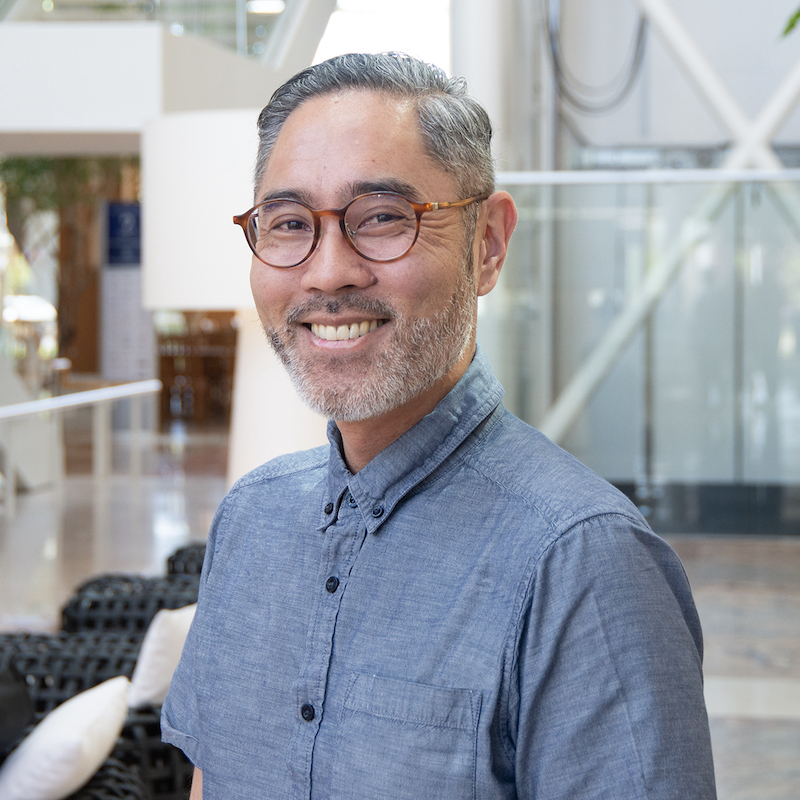Many individuals dread going to the doctor and will think of any excuse not to keep an appointment. But regular checkups lead to earlier diagnosis of anything out of the ordinary, as was the case for Judy Berkowitz.
“I went for my annual physical and because of that, it saved my life,” she said.
After mentioning that she had been urinating more than usual, her doctor ordered a bladder scan which revealed a 10 cm mass on Berkowitz’ ovary. Because of Berkowitz’s family history of cancer—the doctor felt confident of what the diagnosis would be.
Berkowitz and her husband David were shocked. “We had two nights when we had tears in our eyes, but I think that was the only time,” Judy said. “After that, we just said OK, we’ll just do what we have to do and move on and hope for the best.”
On Nov. 3, 2011, Berkowitz had a full hysterectomy. “When I woke up from surgery, that was the worst pain I had ever been in in my whole life,” she said.
The following January, Berkowitz was tested for the BRCA1 gene mutation, which is linked to hereditary ovarian and breast cancer.
The test was positive.
After finishing chemotherapy and taking a break for the summer, Judy had a bilateral prophylactic mastectomy in October 2012. According to the National Cancer Institute, a bilateral prophylactic mastectomy has been shown to reduce the risk of breast cancer by at least 95 percent in women who have a deleterious (disease-causing) mutation in the BRCA1 gene or the BRCA2 gene and by up to 90 percent in women who have a strong family history of breast cancer.
Judy encourages women with a history of ovarian and breast cancers to get tested for the gene. “A lot of people don’t want to know, but for me, I wanted to know,” Berkowitz said. Her brothers and sisters agreed and were tested within a few months.
After her mastectomy, Berkowitz joined Lilies of the Valley, an ovarian cancer support and awareness group in Huntsville, Ala. Their mission is to educate, raise awareness, and disseminate information about ovarian cancer to ovarian cancer patients and survivors, the general public, and the medical community in the Tennessee Valley region.
“I knew that it was something that I wanted to get involved with, and it’s a great group,” Berkowitz said. “We do Teal Talks for women’s groups to make women aware of the symptoms because so many of us always say we didn’t know.”
It took world-renowned geneticist, Mary-Claire King, 17 years to discover the BRCA1 gene mutation. As of right now, there is no accurate screening test for ovarian cancer in the general population. Berkowitz feels the next breakthrough should provide a screening test for earlier diagnosis of ovarian cancer.
“With ovarian cancer there is not a screening test done as part of your annual physical,” she said. “When I had always gone for my annual physicals, they would say all my numbers were fine so when I got the news that there was this mass I’m thinking, what could be wrong with me?”
This November, it will have been three years since Berkowitz was diagnosed with ovarian cancer. As a cancer survivor, she is anxious to meet Dr. King and let her know how much she appreciates all that she has done.
“I’m looking forward to meeting her and to say thank you!” Berkowitz said.
Hear Judy Berkowitz’s story for yourself and in her own words at the 2014 Tie the Ribbons luncheon, Monday, Nov. 17, at 11:30 a.m. at the Davidson Center for Space Exploration on the campus of the U.S. Space and Rocket Center. For more information and to purchase your seat go to www.tietheribbons.com.
Click to donate to the Breakthrough Breast Cancer Funding Campaign!

